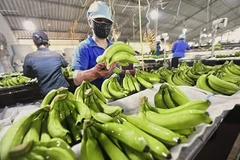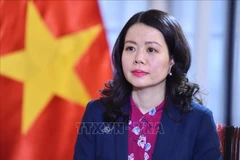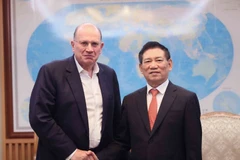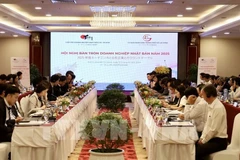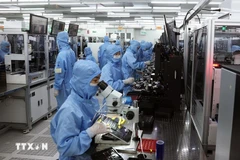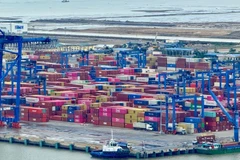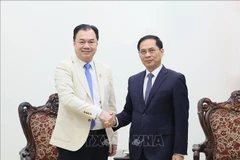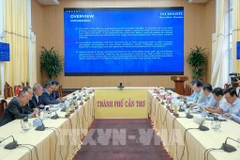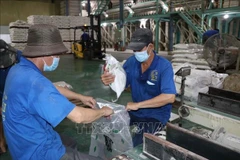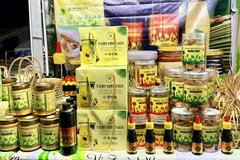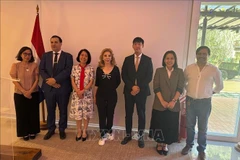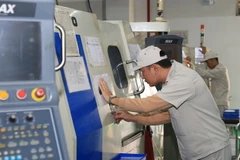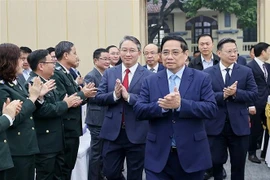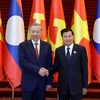However,they made substantial progress towards completing the TPP, DeputyIndustry and Trade Minister Tran Quoc Khanh, head of the Vietnamesedelegation to the negotiations, told a Vietnam News Agencycorrespondent.
So many existing issues hard to deal with at therecent talks for the TPP in Singapore is one of the two reasons behindthe ending of the talks without a full agreement, he said.
They include completed issues, such as intellectual property rights and reform of State-owned enterprises.
Another reason of the failure is negotiations regarding goods which did not reach expected outcomes, Khanh added.
According to the deputy minister, talks on goods always play a keyrole in any trade negotiations, especially to the countries with exportinterests, including Vietnam.
If the export interests are not satisfactorily met, it is hard to negotiate other fields, he added.
The trade ministers and representatives decided to continue talks nextmonth and will try their best to end it at the earliest time, Khanhsaid.
Addressing a press conference after theirmeeting, US Trade Representative Michael Froman said the parties reacheda consensus in many issues and identified existing ones for furtherdebate.
Next year, the discussions are expected to focus on theremaining issues such as intellectual property rights and reform ofstate-owned enterprises.
Regarding thegarment sector, one of the important issues of the concerned parties,including Vietnam, he told the VNA correspondent that the US side haddiscussions with Vietnam and its TPP partners about market access.
The TPP pact, which was at first negotiated by eight countries, nowhas 12 members, namely Australia, Brunei, Canada, Chile, Japan,Malaysia, Mexico, New Zealand, Peru, Singapore, the United States andVietnam.
If successfully concluded, the pact wouldencompass roughly 40 percent of global gross domestic product andone-third of world trade.
The latest TPP session cameafter the World Trade Organisation on December 7 reached an agreement onsome of the issues under the long-stalled Doha Round of tradeliberalisation talks in Indonesia.-VNA
